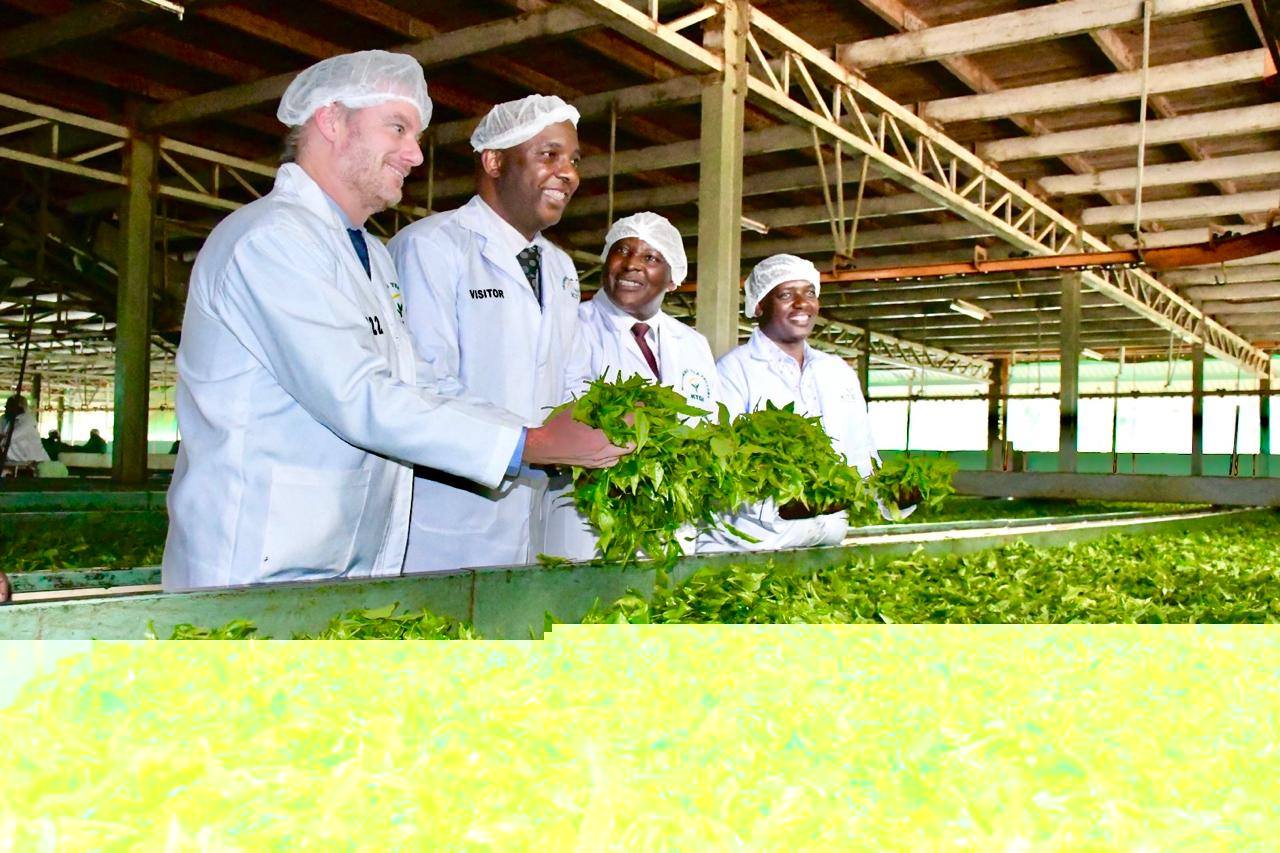
Kenya’s tea industry is bracing for a challenging year as two major producers, Williamson Tea Kenya and Kapchorua Tea issue profit warnings.
The companies project that their earnings for the financial year ending March 31, 2025, will fall by more than 25 per cent compared to the previous year.
The warnings reflect ongoing pressures in the sector, including a strong shilling against the dollar that is hitting hard their revenues.
“The drop in profits is largely attributed to depressed market prices following an oversupply of tea against demand as well as a strong Kenya shilling against the US Dollar,” the firms said in an early warning.
This will be the second year in a row that profits have dipped for Williamson Tea Kenya, that reported an annual profit of Sh527 million in 2024 down from Sh564 million reported in 2023. A 25 per cent drop will see the projected profits drop to Sh395 million.
Kapchorua on the other hand recorded a rise in profits last year posting Sh399 million compared to Sh315 million a year earlier. The drop will see its earnings fall to Sh299.25 million.
Data shows that both firms have expanded production over the past five years, but a global oversupply has kept tea prices under pressure.
Kapchorua has consistently fetched higher prices per kilo than its larger peer, Williamson.
Both firms cited difficult operating conditions and market challenges as key factors behind the anticipated decline.
Contrary to the general market performance, during the year 2024, the total earnings from tea amounted to Sh215.21 billion, out of which Sh181.69 billion was earned from exports, Sh18.00 Billion from local sales and Sh15.52 Billion from committed stocks.
The Kenya Tea Industry Performance Report – 2024 by Tea Board of Kenya, shows that this was an increase of nine per cent from the marketed value of Sh196.97 billion recorded in 2023.
Kenya’s tea industry recorded a modest growth in export earnings in 2024, according to a new report by the Tea Board of Kenya.
Total export earnings rose by 1per cent to Sh181.69 billion, up from Sh180.57 billion in 2023, driven primarily by a sharp increase in export volumes.
The report shows that Kenya exported 594.50 million kilograms of tea during the year, a 14 per cent jump from the 522.92 million kilograms shipped in 2023.
However, despite the increased volumes, weaker global prices and a less favorable exchange rate to the U.S. dollar dampened the full potential of earnings.
The average export price per kilogram dropped to $2.27 from $2.47 the previous year, while the mean exchange rate of the Kenya shilling weakened to an average of Sh130 against the dollar, down from 139.85.
In 2024, Kenyan tea was exported to 96 international destinations, up from 92 in 2023.
Pakistan remained the leading market, importing 206.27 million kilograms valued at Sh70 billion, accounting for 34.7per cent of the total export volume.
These top ten destinations, largely traditional markets for Kenyan tea, accounted for 81 per cent of total exports.
Egypt recorded the highest increase in export volume among all markets, rising by 21.01 million kilograms, followed by India (11.86 million Kgs), the UK (11.29 million Kgs), and Russia (10.11 million Kgs).
Notably, Chad emerged as a significant new direct importer, purchasing 4.69 million kilograms. The shift was driven by disruptions in Sudan, which previously acted as a key transshipment hub. Chad has since rerouted its imports through Nigeria and Cameroon.
South Sudan also registered as a fast-growing market for Kenyan tea, alongside improved exports to several other traditional and emerging markets such as Kazakhstan, Somalia, Switzerland, Oman, Nigeria, Ukraine, Sri Lanka, the USA, Germany, South Africa, and Japan.
However, not all markets fared well. Exports to Sudan dropped by 12per cent due to internal conflict disrupting market access, while shipments to Pakistan declined by 2per cent following changes to sales tax policy implemented in the last quarter of the year.













